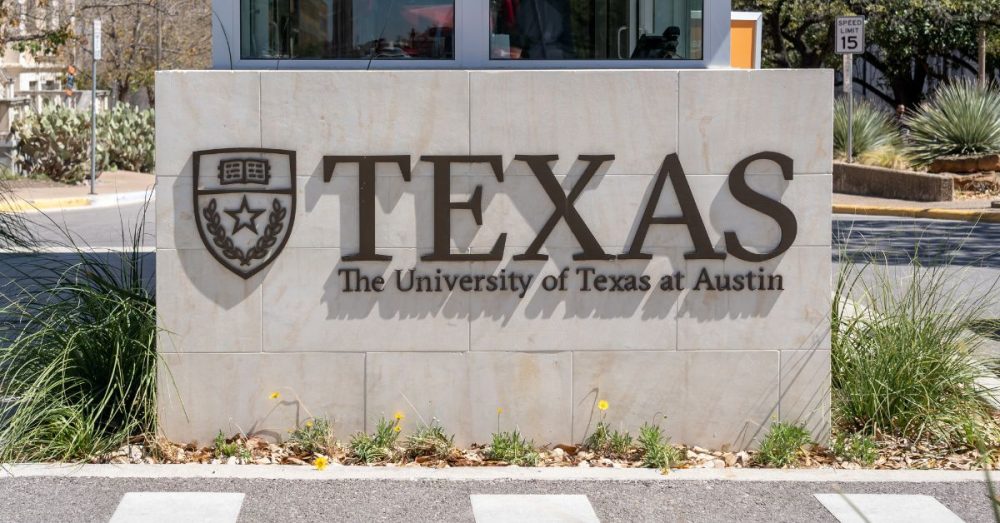(Texas Scorecard) – In an address this week, UT Austin’s new interim president expressed solidarity with the institution’s faculty council, which has been criticized by state lawmakers for working as a left-wing ideological bulwark against legislative oversight and reform.
On March 24, interim president Jim Davis told the faculty council that “it’s obvious we’re under public scrutiny” and that “faculty may feel like they’re under siege from all fronts.”
The faculty council represents the philosophy of “shared governance” in state universities. Simply put, “shared governance” is when the appointed boards of regents, accountable to Texans for managing universities, and their designees—like the chancellors and presidents—share power with an otherwise unaccountable body of university faculty.
In this environment of “shared governance,“ far-left classes and ideologically driven protests have sprouted at multiple state universities. The exposure of this problem has triggered a backlash from alumni and state lawmakers alike.
In what was his first address to the council, Davis did not indicate any opposition to the woke left. Instead, he made it clear that he would defend the status quo at UT.
“This place is intentionally built of every perspective possible,” he told the council. “Every different viewpoint matters here. We need to be able to sustain those kinds of things for the protection of education and, frankly, the protection of democracy.”
One way Davis suggested UT Austin could respond to “scrutiny” was “to do a better job of telling our story.” He promised the council that he “will look for [their] guidance.”
“I will continue to carry the message of what [the] faculty council has expressed to me and what the faculty council executive committee has expressed to me,” he said. “I’ll be a conduit for that.”
During the question and answer session, Paul Shapiro of the College of Natural Science expressed opposition to a proposal in the Texas Senate (Senate Bill 37) to adjust the membership of the faculty council.
“I think it will be a terrible mistake and a reflection of an attempt to defang and mute the faculty role in faculty governance—shared governance,” Shapiro said.
Davis did not explicitly express a position on the Senate proposal, but he did defend the notion of “shared governance” over the institution.
“Sometimes the faculty council is one of those groups that’s defined by myth or rumor as opposed to people having been in the room to listen in and see how it goes,” he said. “I think I can be a helpful and honest reporter back to the public about what works here, being able to intervene.”
Davis referred to left-leaning establishment publications—specifically, the Texas Tribune and the Austin-American Statesman—as “friends.”
Deborah Beck of the College of Liberal Arts pressed the issue, asking about the board of regents’ position on the state senate proposal.
Davis said his impression was “they are willing to adapt to the policy of the legislature if there’s an expectation of a change.” He also said his impression was that the regents have an “interest in supporting faculty.”
The University of Texas System Board of Regents, who are appointed by Gov. Greg Abbott, have not yet responded to a request for comment.


